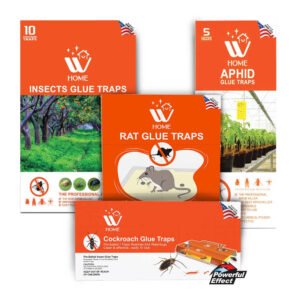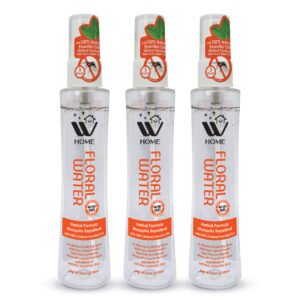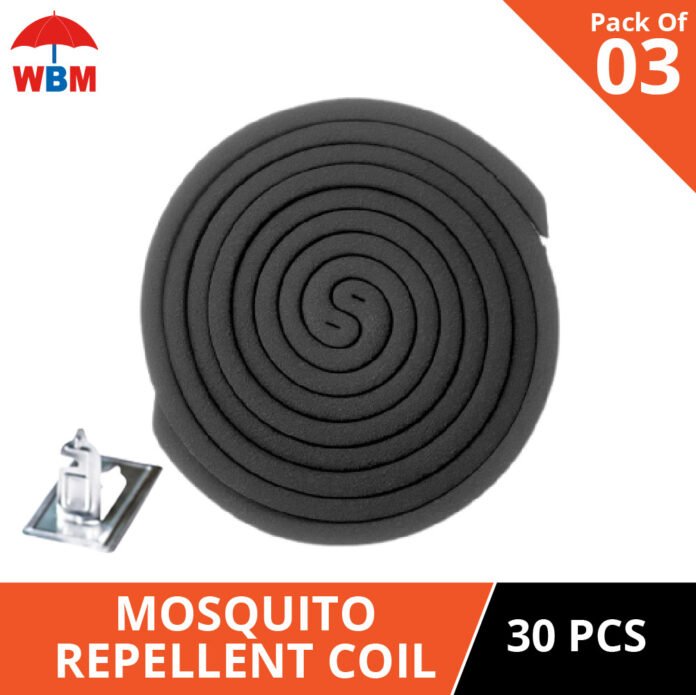Mosquitoes, those tiny yet persistent insects, are not just irritating; they can also pose significant health risks. From annoying itchy bites to potentially life-threatening diseases like malaria, dengue fever, and Zika virus, mosquitoes are more than just a nuisance. That’s where mosquito repellents come in – these handy solutions are designed to keep mosquitoes at bay, providing a shield against their bites and the diseases they carry.
Types of Mosquito Repellents
When it comes to mosquito repellents, there are various options available, catering to different preferences and needs. Chemical-based repellents containing active ingredients like DEET or picaridin are commonly used, offering long-lasting protection against mosquitoes. On the other hand, natural repellents derived from plant oils such as citronella and lavender provide an alternative for those seeking a more eco-friendly option. Additionally, electronic repellent devices, ranging from ultrasonic gadgets to photocatalyst traps, claim to repel mosquitoes using innovative technology.

How Mosquito Repellents Work
Mosquito repellents work by interfering with the mosquito’s ability to locate and bite a host. Chemical repellents create a barrier that masks the body’s scent, making it harder for mosquitoes to detect and land on a person. Natural repellents work similarly, although they often rely on aromatic compounds to repel mosquitoes. Electronic devices emit sounds or emit substances that are supposed to deter mosquitoes, though their effectiveness remains a subject of debate.
Factors to Consider When Choosing a Mosquito Repellent
When selecting a mosquito repellent, several factors should be taken into account. Safety is paramount, so it’s essential to choose products that have been tested and approved for use on human skin. The duration of protection offered by the repellent, as well as its application method and convenience, are also crucial considerations for consumers.
Chemicals Used in Mosquito Repellents
Chemical-based mosquito repellents typically contain active ingredients like DEET, picaridin, oil of lemon eucalyptus, or IR3535. DEET is one of the most widely used repellents and has been proven effective against various mosquito species. Picaridin is another popular alternative, offering similar protection without the strong odor often associated with DEET.
Natural Mosquito Repellents
For those wary of using chemical-based products, natural mosquito repellents offer a gentler alternative. Ingredients like citronella, neem oil, lavender oil, and peppermint oil are known for their repellent properties and are commonly used in DIY repellent recipes or commercially available products.
Effectiveness of Electronic Repellent Devices
Electronic repellent devices claim to repel mosquitoes using various mechanisms, such as emitting ultrasonic frequencies or releasing chemicals. While some users swear by these devices, scientific evidence regarding their effectiveness is mixed, with many experts questioning their ability to provide adequate protection against mosquitoes.

Tips for Using Mosquito Repellents Effectively
To maximize the effectiveness of mosquito repellents, proper application techniques are essential. It’s crucial to apply the repellent evenly to exposed skin, avoiding contact with eyes and mucous membranes. Reapplication at regular intervals, especially after swimming or excessive sweating, helps maintain continuous protection against mosquitoes.
Safety Precautions
While mosquito repellents are generally safe when used as directed, it’s essential to follow safety precautions to avoid adverse reactions. Repellents should not be applied to broken or irritated skin and should be kept out of reach of children to prevent accidental ingestion. If any adverse reactions occur, such as skin irritation or respiratory symptoms, the use of repellents should be discontinued immediately.
DIY Mosquito Repellent Recipes
For those who prefer natural alternatives, there are numerous DIY mosquito repellent recipes that can be easily made at home. Ingredients like essential oils, vinegar, and witch hazel can be combined to create effective repellent sprays or lotions, offering protection without the use of harsh chemicals.
Common Myths About Mosquito Repellents
Despite their widespread use, mosquito repellents are not without their myths and misconceptions. From the belief that natural repellents are always safer to the idea that higher concentrations of active ingredients provide better protection, separating fact from fiction is essential for making informed decisions about repellent usage.
Environmental Impact of Mosquito Repellents
While mosquito repellents play a crucial role in protecting human health, their environmental impact should not be overlooked. Chemical-based repellents can have adverse effects on ecosystems and non-target organisms, highlighting the need for sustainable alternatives and responsible usage practices.
Innovations in Mosquito Repellent Technology
As technology continues to advance, so do innovations in mosquito repellent technology. Wearable devices that emit repellent substances and time-release formulations that provide long-lasting protection are just a few examples of the latest developments in this field, offering consumers new ways to stay safe from mosquito bites.
Global Market Trends in Mosquito Repellents
With the increasing awareness of mosquito-borne diseases and growing concerns about chemical exposure, the demand for mosquito repellents is on the rise worldwide. Consumers are increasingly seeking natural and eco-friendly alternatives, driving market growth and spurring innovation in the mosquito repellent industry.
Conclusion
In conclusion, mosquito repellents play a vital role in protecting individuals from the nuisance and health risks associated with mosquito bites. By understanding the different types of repellents available, considering factors like safety and effectiveness, and adopting proper usage techniques, individuals can effectively ward off mosquitoes and reduce the risk of mosquito-borne diseases.
FAQs (Frequently Asked Questions)
Do natural mosquito repellents rival chemical ones in effectiveness?
Natural mosquito repellents can be effective, but their efficacy may vary depending on factors like concentration and application method. While some natural ingredients have been proven to repel mosquitoes, they may not offer as long-lasting protection as chemical repellents.
Can mosquito repellents be used on children and infants?
Mosquito repellents containing DEET or picaridin are generally considered safe for use on children and infants when applied according to the product label instructions. However, it’s essential to avoid applying repellents to young children’s hands, as they may inadvertently ingest the product.
Do electronic mosquito repellent devices really work?
The effectiveness of electronic mosquito repellent devices is still debated among experts. While some studies suggest that certain devices may have some repellent effect, others argue that the evidence is inconclusive. It’s essential to research specific products and consider user reviews before purchasing electronic repellent devices.
How often should mosquito repellents be reapplied?
Mosquito repellents should typically be reapplied every few hours, especially if you’re sweating heavily or swimming. It’s essential to follow the reapplication instructions provided on the product label to ensure continuous protection against mosquitoes.
Are there any organic substitutes for chemical mosquito repellents available?
Yes, several natural ingredients, such as citronella, neem oil, and lavender oil, are known for their mosquito-repellent properties. These ingredients can be used to create homemade repellent sprays or lotions as an alternative to chemical-based products.





